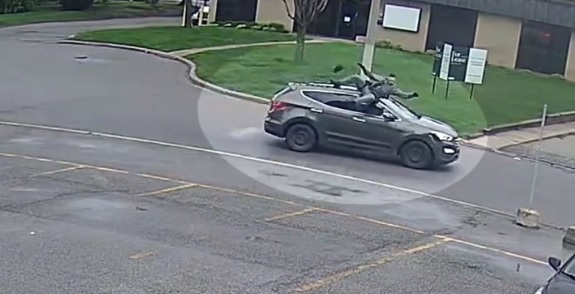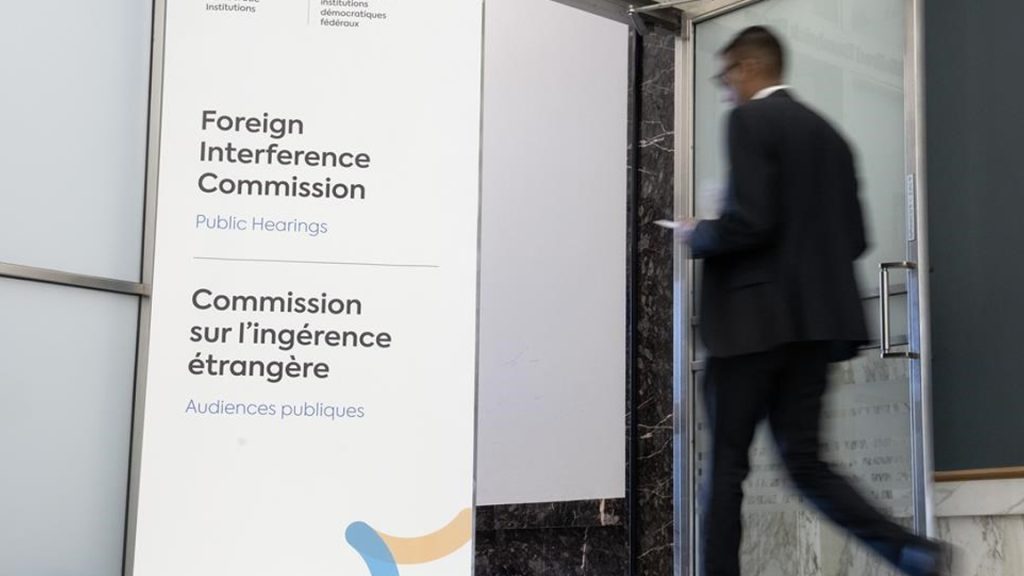Toronto councillor wants Canada to consider decriminalizing heroin, other drugs
Posted August 4, 2017 1:44 pm.
Last Updated September 15, 2018 5:00 pm.
This article is more than 5 years old.
The chair of Toronto’s Board of Health says he wants to start a conversation on decriminalizing heroin and other drugs in Canada.
“It does no good to our society at large to have someone who is an intravenous heroin user to basically slam the book at them and throw them in prison,” Coun. Joe Mihevc said on Friday.
“If you knew that you were not going to be charged criminally for possession, it will spark a different way of being. Same with marijuana. The legalization of marijuana is saying that activity that used to be underground now will be above-ground and regulated and controlled. And we want to watch that very carefully to see whether it produces better public health results and safer communities.”
Mihevc made the comments after a briefing on actions the city is taking in response to a spike in suspected opioid-related deaths.
Toronto Public Health said part of the plan includes starting a discussion about drug policy in Canada “that is informed by evidence and lessons learned from other countries like Portugal, which are taking a different approach to drug policy, including the decriminalization of all drugs for personal use,”
Officials are working with health and drug policy experts and said more details will be revealed in the months ahead.
Front-line addiction worker Tracey Mann said decriminalization is long overdue.
“I really think language of criminalization or moving towards incarceration which we’ve been doing for decades has really proven to be a failure,” she said. “We haven’t seen a decrease in deaths, we haven’t seen a decrease in drug use.
“Going to prison or being incarcerated doesn’t mean that you’re going to have access to treatment-support services and a therapeutic intervention that will allow you to reduce the harms of your drug use.”
Toronto is speeding up the opening of three supervised injection sites and asking police to consider having some officers carry naloxone, an antidote for opioid overdoses.
In Toronto, the issue has been in the spotlight since the overdose deaths of four people between last week Thursday and Sunday. Two young women also died in an apartment in the west end Tuesday in what paramedics called suspected overdoses.
While the exact cause of the incidents was not confirmed in most cases, police said they believed fentanyl may have played a role. The potent drug can be fatal, even in trace amounts that may have been laced into other drugs.
Toronto released an overdose action plan in March and is now ramping up its efforts.
Toronto Public Health’s most recent data shows there were 87 opioid-related deaths in the city in the first six months of 2016, and 135 opioid-related deaths in 2015.
With files from The Canadian Press
Related stories:
Sudden spike in overdoses has police, mayor concerned
Toronto lays out opioid plan after emergency meeting after spike in deaths
A list of the measures Toronto is taking in response to overdose deaths










